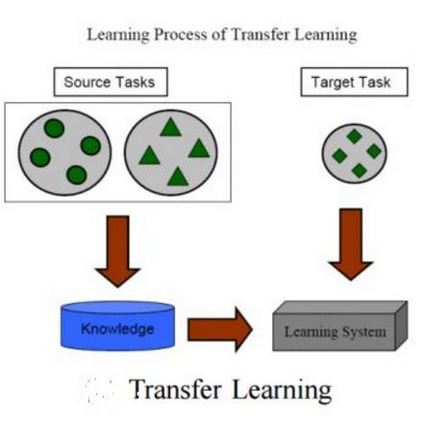Mental health conditions, prevalent across various demographics, necessitate efficient monitoring to mitigate their adverse impacts on life quality. The surge in data-driven methodologies for mental health monitoring has underscored the importance of privacy-preserving techniques in handling sensitive health data. Despite strides in federated learning for mental health monitoring, existing approaches struggle with vulnerabilities to certain cyber-attacks and data insufficiency in real-world applications. In this paper, we introduce a differential private federated transfer learning framework for mental health monitoring to enhance data privacy and enrich data sufficiency. To accomplish this, we integrate federated learning with two pivotal elements: (1) differential privacy, achieved by introducing noise into the updates, and (2) transfer learning, employing a pre-trained universal model to adeptly address issues of data imbalance and insufficiency. We evaluate the framework by a case study on stress detection, employing a dataset of physiological and contextual data from a longitudinal study. Our finding show that the proposed approach can attain a 10% boost in accuracy and a 21% enhancement in recall, while ensuring privacy protection.
翻译:暂无翻译



